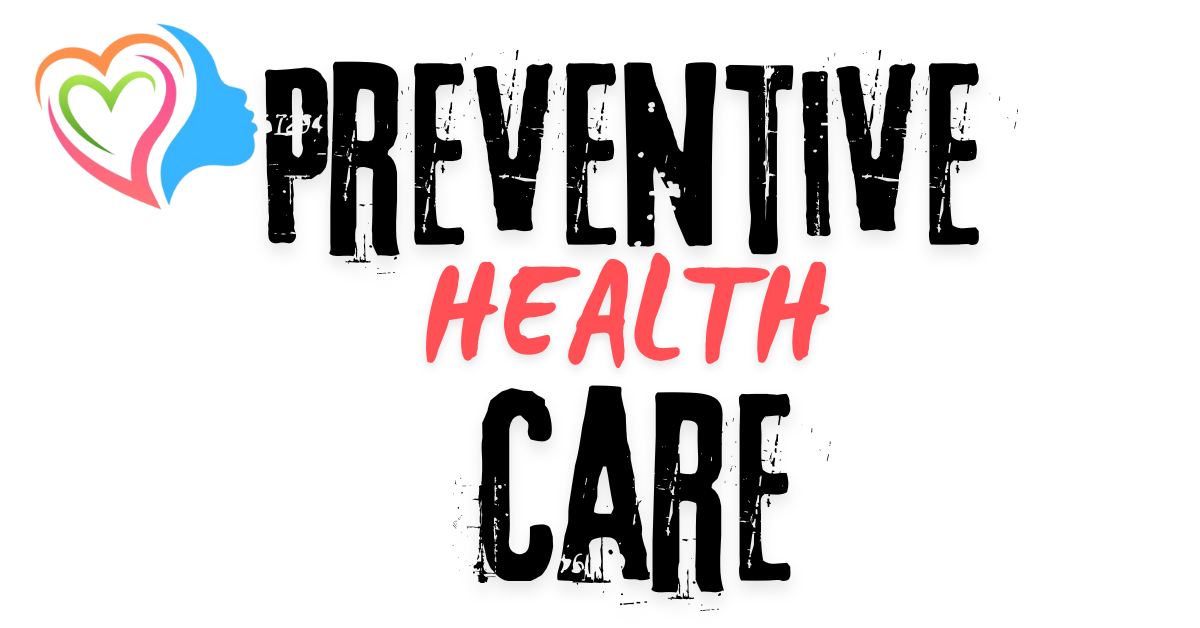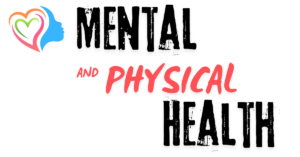
Preventive Health Care
Preventive health care is essential for maintaining overall well-being and preventing the onset of chronic diseases. This comprehensive guide explores various aspects of preventive health care, including regular check-ups, vaccinations, screening tests, and lifestyle choices.
1. Importance of Regular Check-ups
Regular check-ups play a crucial role in early detection and prevention of diseases. Annual physical exams allow healthcare providers to identify potential health issues before they become serious. These exams typically include a review of medical history, vital signs, and basic laboratory tests. Early detection of conditions such as hypertension, diabetes, and high cholesterol can lead to timely intervention and better health outcomes.
2. Vaccination
Vaccination is one of the most effective ways to prevent infectious diseases. Vaccines help the body develop immunity to specific pathogens, reducing the risk of illness. It is important for people of all ages to stay up-to-date with recommended vaccines, including influenza, measles, mumps, rubella (MMR), and human papillomavirus (HPV). Immunizations not only protect individuals but also contribute to community health by preventing the spread of contagious diseases.
3. Screening Tests
Screening tests are vital for detecting diseases at an early, more treatable stage. Key screening tests include mammograms for breast cancer, colonoscopies for colorectal cancer, and blood pressure checks for hypertension. The recommended frequency of these tests varies by age and risk factors. For example, women over 50 should have mammograms every two years, while individuals over 45 should consider regular colonoscopies. Regular screening helps identify potential health issues before they progress.
4. Healthy Diet
A balanced diet rich in fruits, vegetables, whole grains, and lean proteins is essential for maintaining overall health. Consuming a variety of nutrient-dense foods provides the body with essential vitamins and minerals, supporting immune function and reducing the risk of chronic diseases. Limiting processed foods, added sugars, and unhealthy fats can further promote a healthy lifestyle. Incorporating healthy eating habits, such as portion control and mindful eating, can lead to long-term benefits.
5. Regular Exercise
Regular physical activity is crucial for preventing chronic diseases such as heart disease, diabetes, and obesity. Engaging in at least 150 minutes of moderate-intensity exercise per week, such as brisk walking, cycling, or swimming, can significantly improve cardiovascular health, strengthen muscles, and enhance mental well-being. Exercise also helps regulate weight, reduce stress, and improve sleep quality. Incorporating a mix of aerobic exercises and strength training into your routine can maximize health benefits.
6. Mental Health
Mental health is a key component of overall well-being. Regular mental health check-ups and early intervention for issues such as depression, anxiety, and stress are essential. Practicing mindfulness, meditation, and other stress-reducing techniques can improve mental health. Seeking professional help when needed and staying connected with supportive friends and family can also contribute to better mental health outcomes. Prioritizing mental health is crucial for maintaining a balanced and healthy life.
7. Avoiding Tobacco and Limiting Alcohol
Smoking and excessive alcohol consumption are major risk factors for a variety of health issues, including cancer, heart disease, and liver disease. Quitting smoking and reducing alcohol intake can significantly improve health outcomes. Strategies for quitting smoking include nicotine replacement therapy, prescription medications, and support groups. For alcohol, it is recommended to limit intake to moderate levels, which is up to one drink per day for women and up to two drinks per day for men.
Diabetic Foot Ulcer: Diabetic foot ulcers are a common complication of poorly managed diabetes and can lead to serious infections and even amputations. Smoking and excessive alcohol consumption can exacerbate the risk of developing foot ulcers in diabetic patients by impairing circulation and immune function. Preventive measures include regular foot inspections, maintaining good blood sugar control, and avoiding harmful habits like smoking and excessive drinking.
8. Weight Management
Maintaining a healthy weight is important for preventing conditions such as diabetes, heart disease, and joint problems. A combination of a balanced diet and regular exercise is key to achieving and maintaining a healthy weight. Monitoring calorie intake, staying active, and setting realistic goals can help in weight management. Avoiding fad diets and focusing on sustainable lifestyle changes can lead to long-term success. Regularly checking your weight and body measurements can help track progress and make necessary adjustments.
9. Sleep Hygiene
Good sleep hygiene is vital for overall health and well-being. Poor sleep quality can lead to a range of health issues, including obesity, diabetes, cardiovascular disease, and mental health disorders. Establishing a regular sleep schedule, creating a restful environment, and avoiding stimulants like caffeine before bedtime can improve sleep quality. Aim for 7-9 hours of sleep per night to allow the body to rest and rejuvenate. Prioritizing sleep can enhance physical and mental health, leading to a more productive and enjoyable life.
10. Stress Management
Effective stress management techniques, such as mindfulness, meditation, and physical activity, can improve overall health. Chronic stress can negatively impact both mental and physical health, leading to conditions such as hypertension, depression, and anxiety. Practicing relaxation techniques, setting aside time for hobbies, and maintaining a healthy work-life balance can help manage stress levels. Regular physical activity and social connections also play a crucial role in reducing stress and promoting well-being.
11. Hydration
Staying hydrated is essential for overall health. Water is vital for numerous bodily functions, including digestion, temperature regulation, and nutrient transport. Aim to drink at least eight 8-ounce glasses of water per day, more if you are physically active or live in a hot climate. Proper hydration can improve energy levels, support healthy skin, and aid in weight management. Including water-rich foods like fruits and vegetables in your diet can also contribute to adequate hydration.
12. Health Education
Ongoing health education is crucial for staying informed about the latest preventive measures and health recommendations. Keeping up with current health guidelines, attending educational workshops, and consulting with healthcare providers can empower individuals to make informed decisions about their health. Health education helps individuals understand the importance of preventive care and adopt healthy lifestyle habits. Staying educated about health topics can lead to better health outcomes and a higher quality of life.
13. Occupational Health
Workplace safety and ergonomics are important aspects of occupational health. Preventing work-related injuries and illnesses can enhance overall well-being and productivity. Implementing ergonomic practices, such as proper desk setup and taking regular breaks, can reduce the risk of musculoskeletal problems. Employers and employees should work together to create a safe and healthy work environment. Regular health screenings and wellness programs at the workplace can further promote occupational health.
14. Sexual Health
Regular sexual health check-ups and practicing safe sex are important for preventing sexually transmitted infections (STIs). Using barrier methods, such as condoms, and getting vaccinated against HPV can reduce the risk of STIs. Regular testing for STIs and discussing sexual health with healthcare providers can lead to early detection and treatment of infections. Educating oneself about sexual health and maintaining open communication with partners can contribute to a healthy and satisfying sex life.
15. Family Health History
Being aware of your family health history is important for understanding your risk for certain diseases. Sharing this information with your healthcare provider can help tailor preventive measures to your specific needs. Conditions such as heart disease, diabetes, and certain cancers can run in families, making it important to adopt personalized preventive strategies. Regular check-ups, lifestyle modifications, and early screenings based on family history can improve health outcomes and reduce the risk of developing hereditary conditions.
Conclusion
Preventive health care is the cornerstone of a healthy and fulfilling life. By prioritizing regular check-ups, vaccinations, and screening tests, you can detect and address potential health issues early. A balanced diet, regular exercise, proper sleep hygiene, and effective stress management further enhance your overall well-being. Avoiding harmful habits such as smoking and excessive alcohol consumption, maintaining a healthy weight, and staying hydrated contribute significantly to long-term health.






